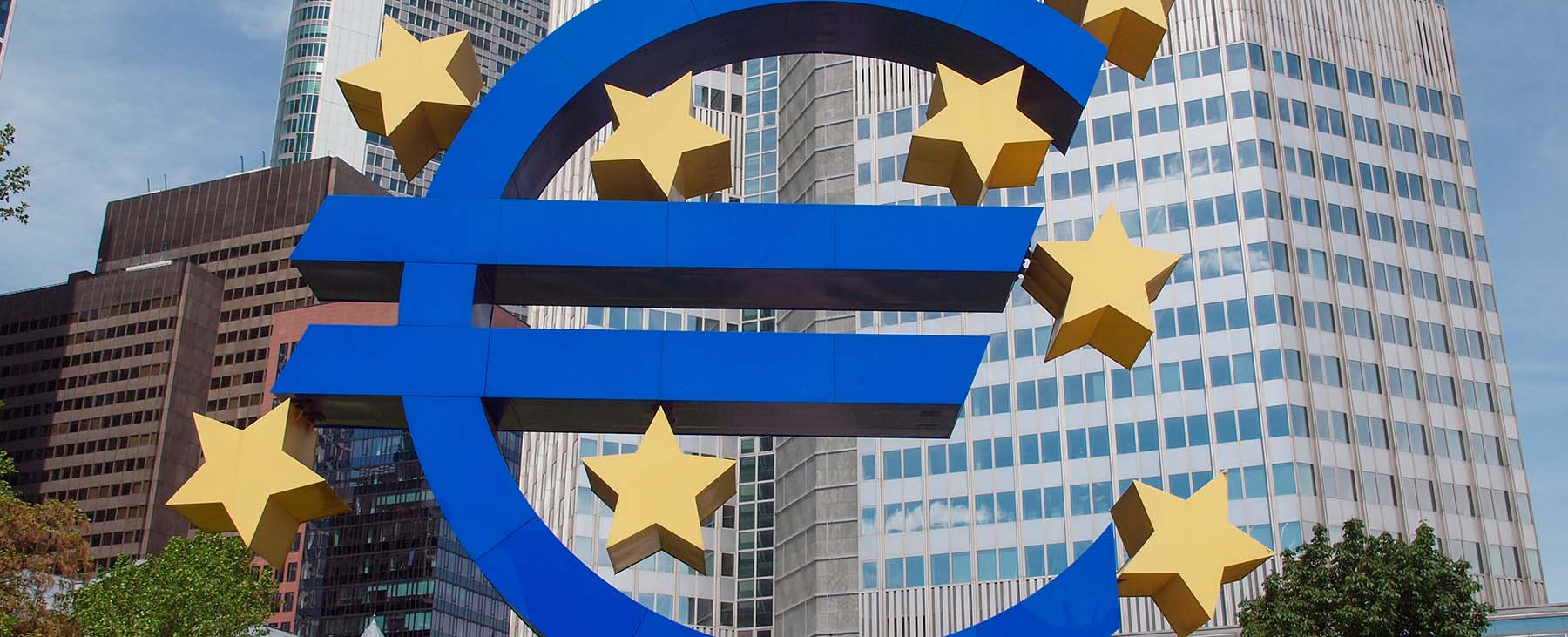

ECB’s check on the most fragile economies
With the announced reduction in the funds earmarked for debt purchases and a rise in interest rates on the horizon, the European Central Bank is putting the recovery of the most indebted countries at risk. They may be the collateral victims of the war on inflation.
Growth or price stability? This is the dilemma facing the European Central Bank (ECB) through its policy of buying debt and interest rates. And the bet today is clear: its president, Christine Lagarde, wants to avoid runaway inflation at all costs despite the economic uncertainty caused by the war in Ukraine.
The ECB’s forecast is that price rises in the European Union will reach 5.1% on average this year, almost two points higher than they predicted in December. This is why Lagarde recently announced a tightening of monetary policy to contain inflation: the ECB’s monthly debt purchases will fall from 40 billion euros in April to 30 billion in May and 20 billion from June onwards.
Bond purchases during the pandemic
Until now, the ECB has been purchasing around 80 billion euros of debt per month, three-quarters of it under a special programme set up to deal with the Covid-19 crisis.
The ECB is even considering ending net debt purchases if the measures are not sufficient to curb inflation. It should be borne in mind that during the pandemic, the ECB has bought nearly two trillion euros in debt. From January 2020 to mid-2021, the eurozone’s debt stock went from 86% to 100% of GDP.
Rising interest rates
In addition, the ECB announced that there will be a “gradual” rate hike after some time. Analysts estimate that this policy shift could begin in the latter part of this year or early 2023. However, inflation developments will dictate the timing and intensity.
These decisions will particularly affect the Spanish, Italian, Portuguese, and Greek economies, as the ECB is buying a large part of the debt issued by these countries. Debt in Spain is already 125% of GDP, in Portugal 140%, in Italy 160%, and in Greece 210%.
In the case of Spain, the net borrowing requirement for 2022 is estimated at around 75 billion euros. The economic uncertainty and the energy crisis caused by the war in Ukraine are now added to the convalescence of the pandemic in their economies.
Less room to maneuver for the most heavily indebted
The ECB’s announcement to reduce debt purchases will considerably reduce the capacity of the most indebted countries, including Spain, to finance fiscal policy measures to stimulate recovery, either through subsidies or a reduction in the tax burden on individuals or companies. Another undesired consequence could be that the risk premiums on the debt of these countries could start to rise.
All of this is taking place in an environment of great uncertainty due to the international situation and the evolution of energy prices, which have a direct impact on the price of most products.
11Onze is the fintech community of Catalonia. Open an account by downloading the super app El Canut on Android and Apple and join the revolution!





👏
Gràcies, Daniela!!!
👌
Gràcies, Joan!!!
Haurem de seguir d’aprop les mesures i la repercusio de la politica internacional en el dua a dia de cada in de nosaltres ,que hi es i molta
Espanya va fatal iCatalunya tb
Molt cert, veurem com anirà avançant tot plegat… Moltes gràcies pel teu comentari Alícia!!!
He llegit l’article que és dens però entenedor. Ajuda a desbrossar la incertesa….i a prevenir possibles ensurts.
Tal qual com tu mateix ho dius, Francesc. Moltes gràcies pel teu comentari!!!
Caldrà seguir ben a prop com evoluciona la política monetària.
Del tot d’acord, Jordi. Sembla que aquesta política monetària toca que sigui restrictiva ara, i que tindrà més impacte en les operacions de mercat obert, perquè les notícies que arriben del BCE només parlen d’aquestes mesures i de variació dels tipus d’interès, però no pas de variació del coeficient de caixa.
Espanya està en default.
Gràcies per comentar-ho, Manuel!